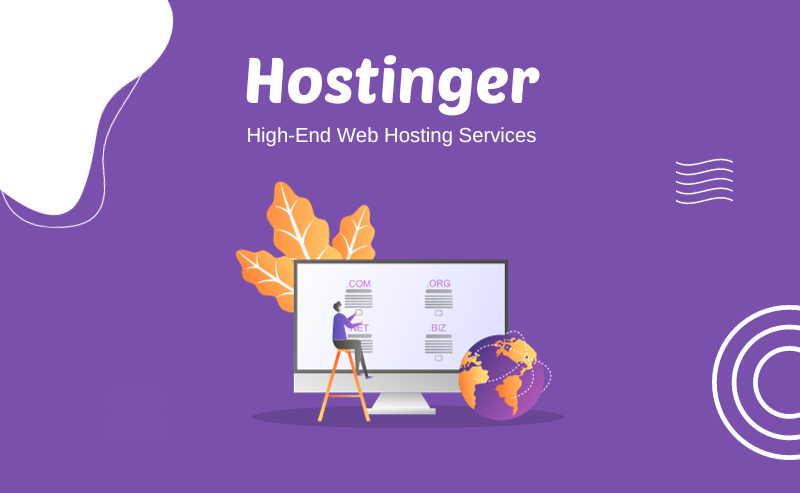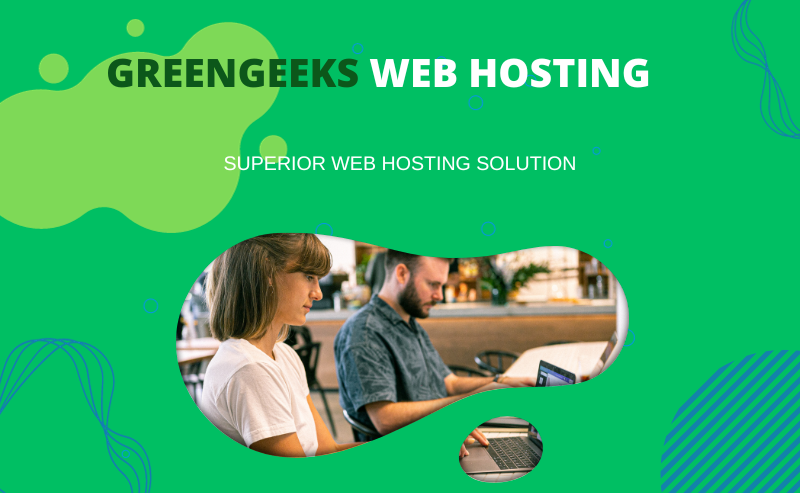Elementor vs WordPress: If you are in the process of creating a website, you have probably encountered both of these common platforms already. Although both tools are powerful, they serve different purposes. WordPress is a user-friendly content management system (CMS) that is suitable for beginners. You can easily create and manage website content with this simple interface without having any coding knowledge. Elementor, however, enhances the design capabilities of WordPress with its plugin. You can create stunning websites without coding using their wide range of design and template options.
As for cost, WordPress is free to use, while Elementor provides additional design features and functionality for $9.99/year. Elementor is a great option for designers looking for more design flexibility and a willingness to invest in additional features. WordPress, however, is an ideal choice for anyone just starting out and not needing advanced design features.
The process of switching from WordPress to Elementor is simple. Just install the Elementor plugin on your WordPress site and start using its design features.
WordPress and Elementor both have their own strengths and are suitable for different types of users. You can use WordPress without having any coding experience if you’re just starting out. You might consider Elementor if you’re looking for more design options and are willing to invest in extra features.
Table of Contents
Elementor vs WordPress: What Are The Main Differences?
Elementor vs WordPress: Both tools are essential for creating websites, but each has its own purpose. Essentially, WordPress is a content management system (CMS) that makes it possible to create and manage websites while Elementor is a page builder plugin that integrates with WordPress.
Elementor and WordPress differ in the following ways:
Purpose: WordPress is a flexible CMS that offers a wide range of themes and plugins. While Elementor, a drag-and-drop page builder, enhances the design capabilities of WordPress.
User-friendliness: WordPress offers a user-friendly interface that makes creating and managing websites easy for beginners. Elementor takes it one step further by providing a visual, user-friendly interface that allows users to create visually appealing websites without coding knowledge.
Compatibility: You will need WordPress installed on your hosting platform in order to use Elementor. In order to ensure a seamless website-building experience, reputable hosting providers such as Bluehost or A2 Hosting provide optimized servers that are compatible with both WordPress and Elementor.
As a whole, WordPress is a powerful CMS for creating and managing websites, but Elementor adds additional design flexibility and user-friendliness. You can easily create stunning websites by combining the two.
Elementor vs WordPress: How Does Elementor Integrate with WordPress and Enhance Its Functionality?
Elementor is an essential page builder plugin for WordPress that enhances its functionality in many ways. Elementor makes it easy to create and customize stunning website designs without any coding experience.
The integration process is straightforward. Elementor lets you create visually appealing pages using a drag-and-drop interface once you install it and activate it. You can customize Elementor’s pre-designed templates and blocks to meet your specific needs. Additionally, you can add elements such as text, images, videos, buttons, forms, and more to create dynamic and interactive websites.
You can completely customize the layout, design, and styling of your website with Elementor. Additionally, it offers advanced features including responsive editing, global widgets, custom CSS, and dynamic content, which further enhance customization options. Moreover, Elementor is compatible with most WordPress themes and plugins, so you can extend its functionality even further.
When comparing Elementor vs WordPress, users can easily create impressive websites thanks to Elementor’s seamless integration with the WordPress platform. Its easy-to-use user interface, extensive customization options, and smooth interaction with different WordPress tools make it an essential tool for website builders. In terms of enhancing a WordPress site’s functionality and visual appeal, Elementor stands out as a compelling option.
Elementor vs WordPress: Which Is Better for Beginners with No Coding Experience?
WordPress is better suited to beginners without any coding experience. It provides users with an easy-to-use and straightforward interface that makes it simple to create and manage websites without any coding knowledge. For beginners, Elementor, a visual page builder plugin, offers more flexibility but requires a little effort to learn.
WordPress, however, offers a solid foundation for website building and provides numerous themes and plugins for customization. Additionally, many hosting providers offer one-click WordPress installations as well as tailored customer support for beginners, making them an excellent choice.
Elementor vs WordPress: What Are The Cost Differences?
Comparison of Elementor vs WordPress reveals minimal differences in cost. WordPress itself is free, but you may need to purchase additional plugins and themes to enhance its features. Check out WordPress’ pricing plans here.
On the other hand, Elementor offers a basic version with limited features for a single website at $9.99 and a premium version starting at $49.99 for 10 websites license. The premium version provides additional templates, widgets, and customization options. Pricing for Elementor can be found here.
Your specific needs and preferences will determine the overall cost. You can use WordPress alone if you’re on a budget. However, if you need complex design and customization, Elementor’s premium version is worth considering.
Elementor vs WordPress: Can We Switch from Using WordPress to Elementor, and How Does It Work?
The answer is yes, you can switch from WordPress to Elementor. To get started, simply follow these steps:
- Make sure your WordPress website is up and running.
- Upload the Elementor plugin to the WordPress Plugins Library.
- Activate the Elementor plugin.
- Start using Elementor to create and edit your website’s pages.
- Select from pre-designed templates or create your own layouts using the drag-and-drop interface.
- Personalize your website’s style, including typography, colors, and spacing.
- Although Elementor enhances the design options of your WordPress site, WordPress remains the primary content management system.
You might want to explore hosting options that are known for their compatibility and performance with WordPress and Elementor, such as Bluehost or A2 Hosting.
You can easily switch from WordPress to Elementor with these steps and enjoy its enhanced features and options.
Elementor vs WordPress: Which Is The Right Choice for Your Website Building Needs?
You must consider your specific needs and skills level in order to decide whether to use Elementor vs WordPress. Elementor stands out as a simple drag-and-drop interface that elevates the design experience, enabling more sophisticated visual customization without the need for coding knowledge. While WordPress stands as a reliable and user-friendly CMS ideal for beginners and those who do not require extensive design capabilities.
Considering the cost is also a key consideration; WordPress provides a free version with optional paid themes and plugins, whereas Elementor offers a paid version with advanced features available for purchase. Remember that Elementor is not a standalone product but rather a complement to WordPress, so you can benefit from both.
Understanding their differences and advantages can help users make an informed decision on which platform or combination of platforms will best suit their needs.


